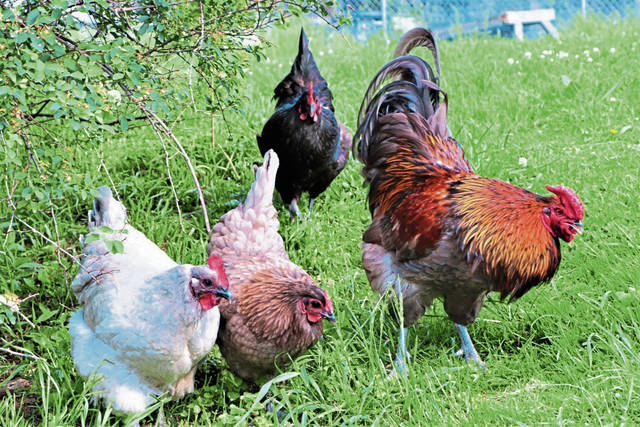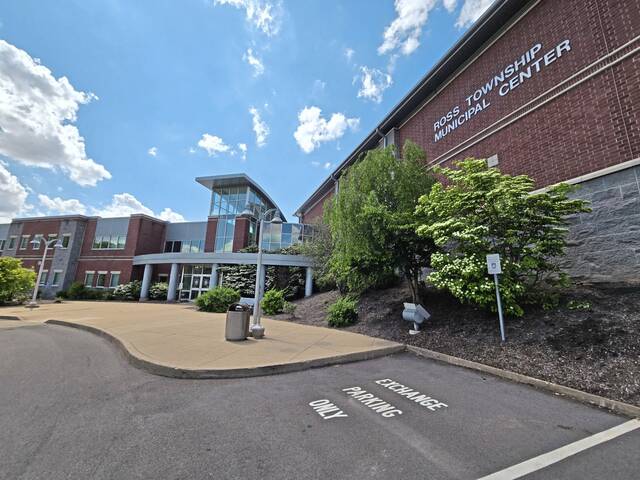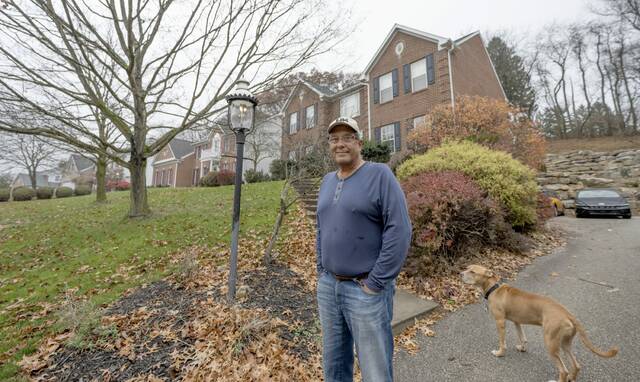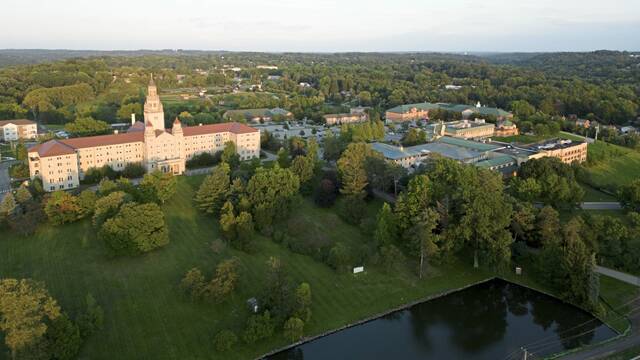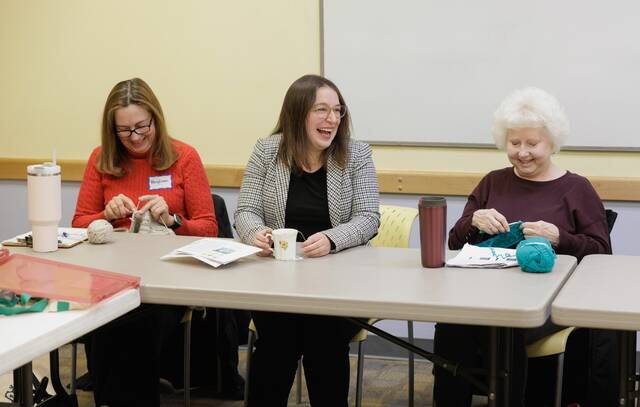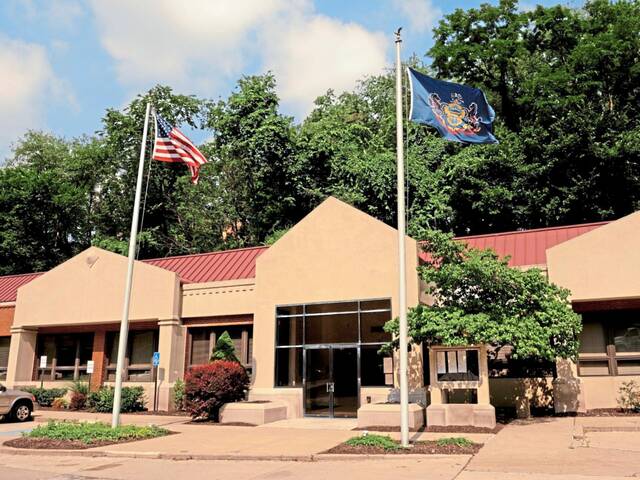McCandless council approved a zoning change that allows residents to raise chickens if they can meet certain conditions.
But the town won’t be issuing permits for backyard chicken coops until a separate measure is approved later this month to set the guidelines for raising backyard chickens.
Council spent a significant portion of its July 12 meeting hashing out details of how to administer the program before tabling the measure and moving onto the zoning change that was needed to move forward.
A discussion and vote on implementing the program are expected to occur at council’s July 26 meeting. If the measure is approved, the town should be ready to begin issuing permits for chicken coops within about a week, according to planning administrator RJ Susko.
Even though council has been working on the measure for nearly two years, the decision to change the zoning to allow residents in certain zoning districts to raise chickens was not unanimous.
Ward 2 councilwoman Shelley Sponholz, who voted against the measure, said the number of people expressing interest in raising chickens appears to be minimal based on a pair of small surveys the town conducted.
“We say people want chickens in McCandless,” she said. “But what I’ve seen in writing is a group of 45 people who want them and 16 who didn’t. I remain concerned that we’re a town of about 30,000, but the conversations that I’ve had with people is that they don’t want chickens.”
Sponholz was joined by council president Kim Zachary, who represents Ward 1, and Ward 3 councilman Michael Tarle in opposing the measure.
Susko said a larger survey sample would have to be used to obtain an accurate assessment of residents’ interest in raising chickens.
She said she has fielded a number of calls from residents who are on both sides of the issue.
“There’s definitely people who are concerned about things like noise and odors,” she said. “But we’ve also heard from people who said that if we didn’t pass this (ordinance allowing chickens) they would consider not moving to McCandless.”
No residents spoke at the July 12 meeting in support of the measure.
Only one resident, Joseph Markl of Catherine Drive, opposed it during the meeting.
Markl called McCandless “one of the best communities in the United States. And now you want to make it a farming community with livestock.”
He said allowing chickens to be raised in residential neighborhoods would create noise and attract predators such as coyotes, foxes and raccoons.
“Do we need that coming into McCandless?” he asked. “Bugs, lice, mice, ticks? There’s a lot of health concerns.”
Tarle raised concerns about allowing coops too close to neighboring properties.
Council previously considered setting the distance at 100 feet in all directions, but it would have eliminated all but a handful of properties.
Officials settled on a 50-foot minimum distance, which significantly expands the number of properties on which a coop would be allowed.
Changing the distance or other significant features of the ordinance would require restarting the approval process, according to the town solicitor.
Zachary balked at a reset, noting that the town has invested nearly two years into developing the program.
“I would rather kill the whole thing than start over,” she said. “I don’t support starting over.”
Councilwoman Trish Cloonan agreed.
“This needs to end here this evening,” she said. “We’ve had many discussions, professionals were brought in. We need to remind ourselves that while the number of people who want them (chickens) is small, this is giving those property owners the right (to do it) with reservations and rules that respect neighbors.”
The ordinance approved on July 12 allows residents living in single- or two-family homes, as well as people in planned residential developments and commercial zoning districts, to raise chickens.
The ordinance does not set a specific number of chickens a resident can raise but establishes a minimum amount of indoor and outdoor space required for each bird.
According to a draft of the measure, residents who want to raise chickens for “personal use and enjoyment” in the permitted R-1, R-2, R-5 and R-C districts are required to have a coop in the rear yard only that provides at least 2-square feet of indoor space per bird and a run that provides at least 10 square feet per chicken.
The coop cannot be closer than 50 feet from any lot line and must have a fence or shrubs for screening that is at least 4 feet tall if it is visible from the street or neighboring properties.
Rules dealing with the sanitation and maintenance of coops and what must be done to prevent them from becoming a bother to neighbors will be covered in the town’s ordinances dealing with general nuisances, which also is expected to be amended at the July 26 meeting.
Council also will set the fee, likely $50, to cover the cost of inspecting the coop and issuing a certificate of approval.


